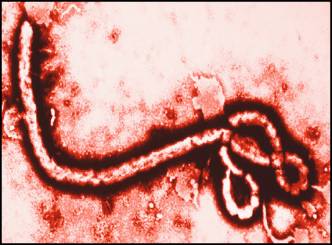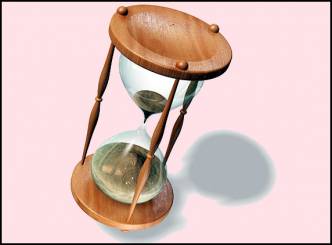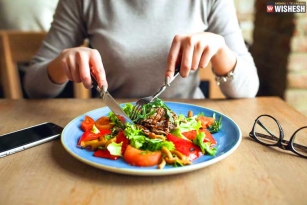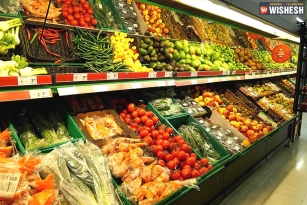
By reading this article, you'll come away with a few golden nuggets of information that'll guarantee you the reputation of "smartest" guy or gal in the room. That is, if someone asks the right question... and, based on the popularity of this search query, you surely don't want to gamble on those odds, do you?
That delicious buttered, gourmet flavored, or plain unseasoned treat you habitually snack on while at the movies, while enjoying a good game or playing cards with the family started with some serious research and development by scientists, then relied on a smart farmer. A smart farmer who knew which of the six kinds of corn to raise in order for it to turn into the fluffy, delicious, and nutritious snack you'll consume, on average, at the rate of 54 quarts each year. He (or she) also needed to know all about how to plant, care for, and harvest this plant.
The scientific name for the type of corn that pops is Zea Mays Everta. There are three main components of the kernels of this kind of corn that are important to know:
One is the "endosperm". It's made up of granules of starch, both hard and soft. It's a carbohydrate that provides energy
The "germ, or "embryo" is the living part of the corn kernel - it uses this energy from the carbohydrate
The "pericarp" is the outer hull of the kernel, and is made up of cellulose. It's usually white or yellow, though it can also be red, black, or other colors
The science behind growing corn that pops into perfect specimens involves breeding for genetic traits, inbreeding that eventually leads to the breeder being able to identify, segregate, and save the seed of the most desirable plant, then inbreed again to continue the process to end up with the most perfect specimen. It takes eight years of this breeding process to end up with a selection that is stable and no longer segregating. Then, two of those inbred selections are crossed to produce a hybrid. It is that hybrid kernel that is planted and harvested by the farmer. It's then shipped to the supermarket or specialty popcorn shop, where it's made available to you, the customer.
Most popcorn is raised by farmers in the "corn belt" of the United States; Iowa, Illinois, Indiana, Kansas, Kentucky, Michigan, Missouri, Nebraska, and Ohio. These farmers need to know how far apart to plant the popcorn, how much moisture to provide it, and how to tell when it's ready to harvest. The percentage of moisture in the kernels of corn has everything to do with how well it will pop. Ideally that percentage is usually 16-20% at the time of harvesting, though there are considerable cleaning, sorting and polishing processes performed after harvesting that leads to the reduction of moisture content to about 14%, considered ideal for best popping.
Popcorn pops when the internal temperature of the kernel reaches 400 to 460 degrees Fahrenheit. The popping takes place because the moisture bound within the endosperm turns to steam. Since the pericart (or hull) is hard, pressure builds up within the kernel. The starch inside becomes soft like gelatin and moisture vaporizes until the pressure in the kernel reaches 135 pounds per square inch! This pressure increases until the pericart (hull) ruptures and the gelatinized starch granules puff out. Literally, the kernel turns inside out, and what you see on the outside, the white part of the popped kernel, is the endosperm.


















